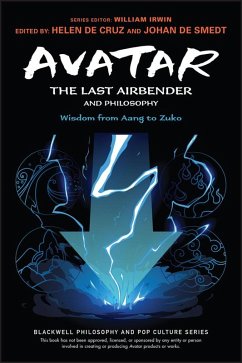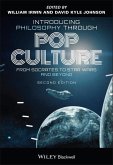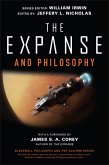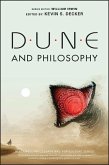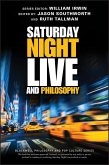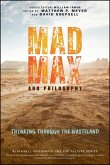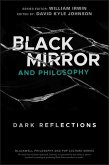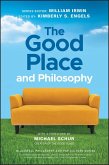Would our world be a better place if some of us were benders? Can Katara repair the world through care? Is Toph a disability pride icon? What does it mean for Zuko to be bad at being good? Can we tell whether uncle Iroh is a fool or a sage? The world is out of sorts. The four nations, Water, Earth, Fire, and Air, are imbalanced because of the unrelenting conquest of the Fire Nation. The only one who can restore balance to the world is the Avatar. On the face of it, Avatar: The Last Airbender is a story about a lone superhero. However, saving the world is a team effort, embodied in Team Avatar, aka the Gaang. Aang needs help from his friends and tutors, even from non-human animals. Through the teachings of Guru Pathik and Huu he comes to realize that though the world and its nations seem separate, we are all one people. We all have the same roots and we are all branches of the same tree. Avatar: The Last Airbender and Philosophy brings to the fore the Eastern, Western, and Indigenous philosophies that are implicit in the show. Following Uncle Iroh's advice that it is important to draw wisdom from many traditions, this volume features contributions by experts on Buddhist, Daoist, Confucian, and Indigenous schools of thought, next to focusing on Western classical authors such as Plotinus, Kant, and Merleau-Ponty. The volume is also unique in drawing on less common traditions such as black abolitionism, anarchism, and the philosophy of martial arts. Intertwining experience and reflection, ATLA and Philosophy helps readers to deeply engage with today's burning questions, such as how to deal with ecological destruction, the aftermath of colonialism and genocide, and wealth inequality, using the tools from a wide range of philosophical traditions.
Dieser Download kann aus rechtlichen Gründen nur mit Rechnungsadresse in A, B, BG, CY, CZ, D, DK, EW, E, FIN, F, GR, HR, H, IRL, I, LT, L, LR, M, NL, PL, P, R, S, SLO, SK ausgeliefert werden.

